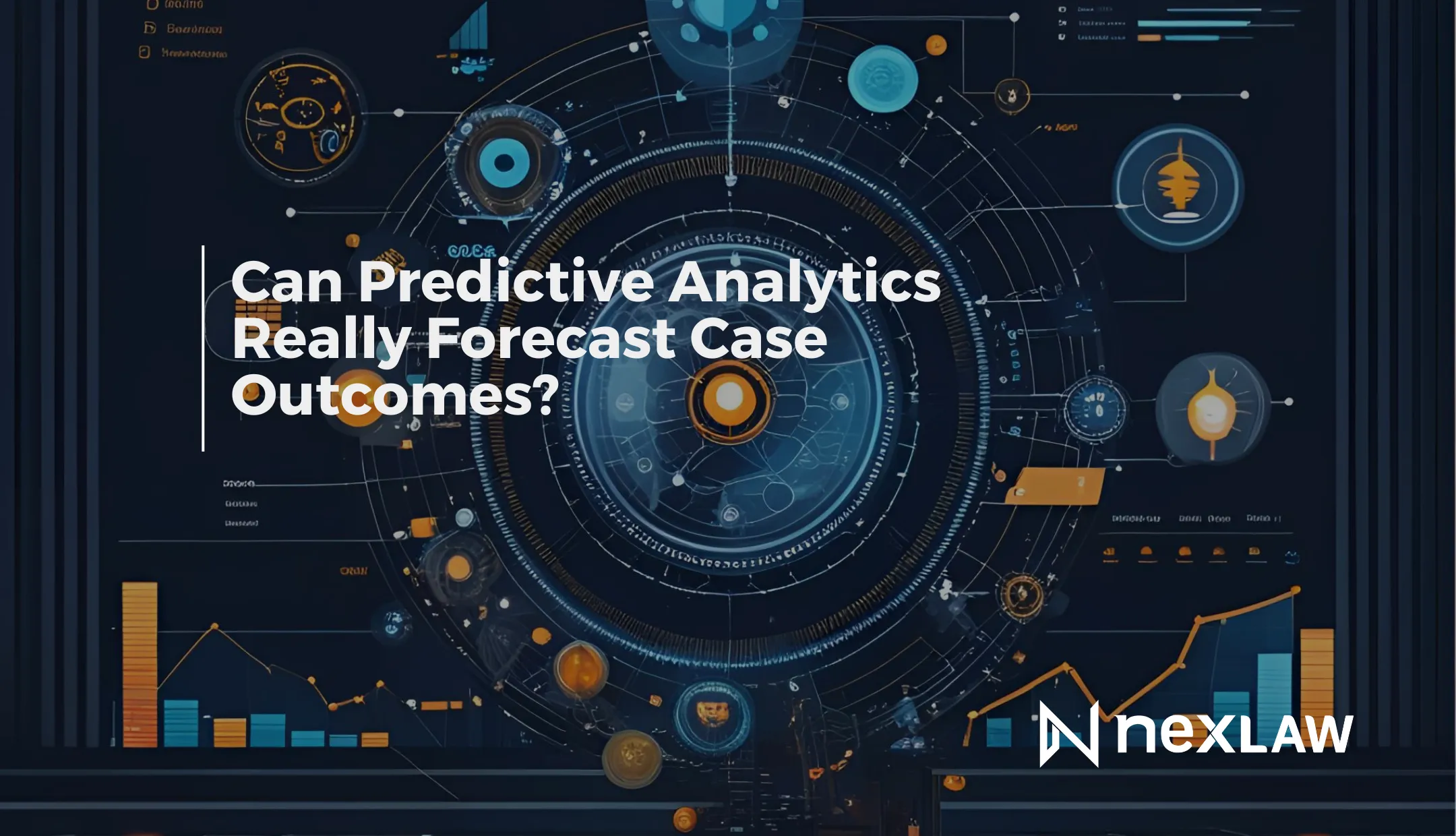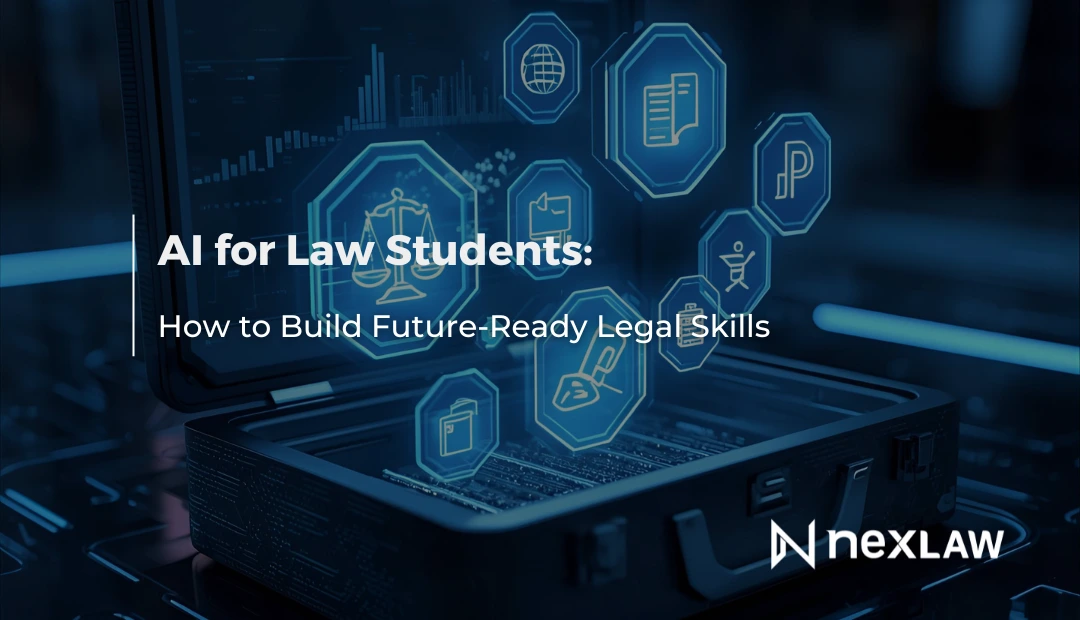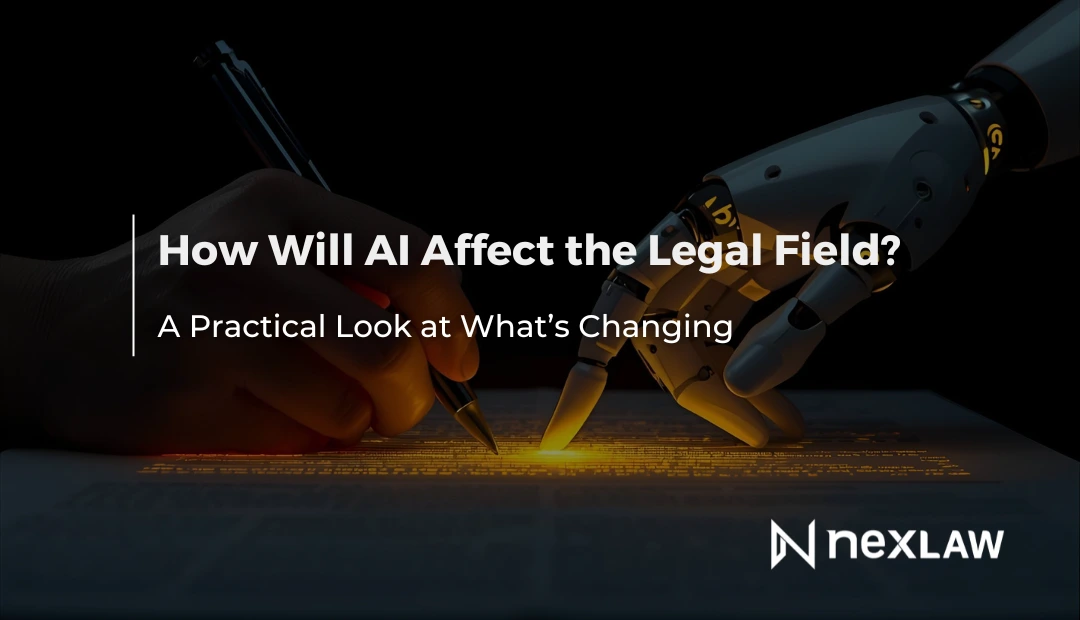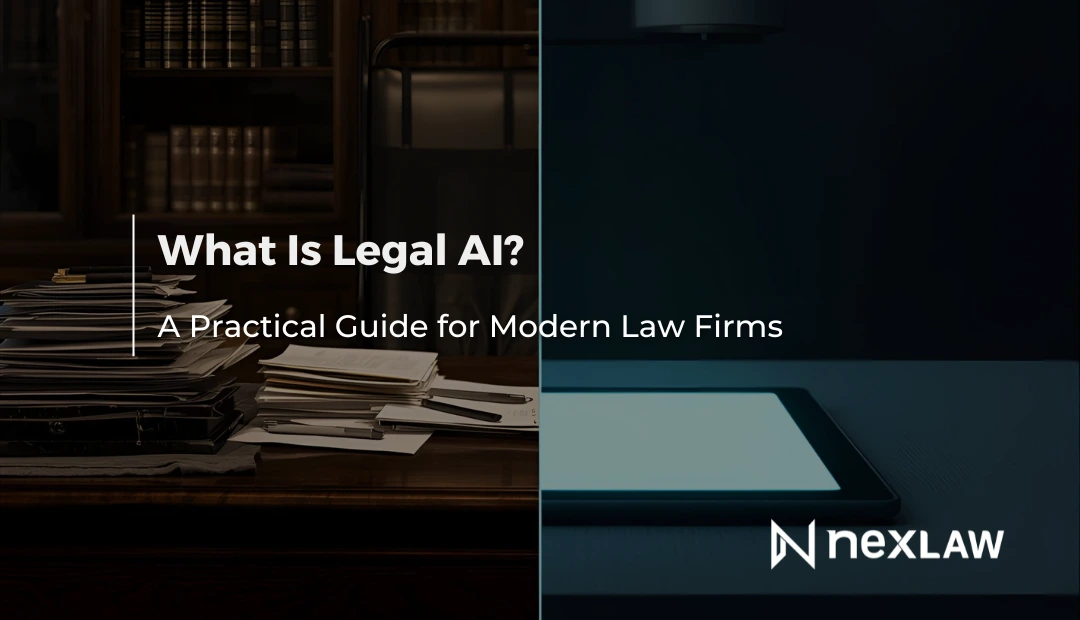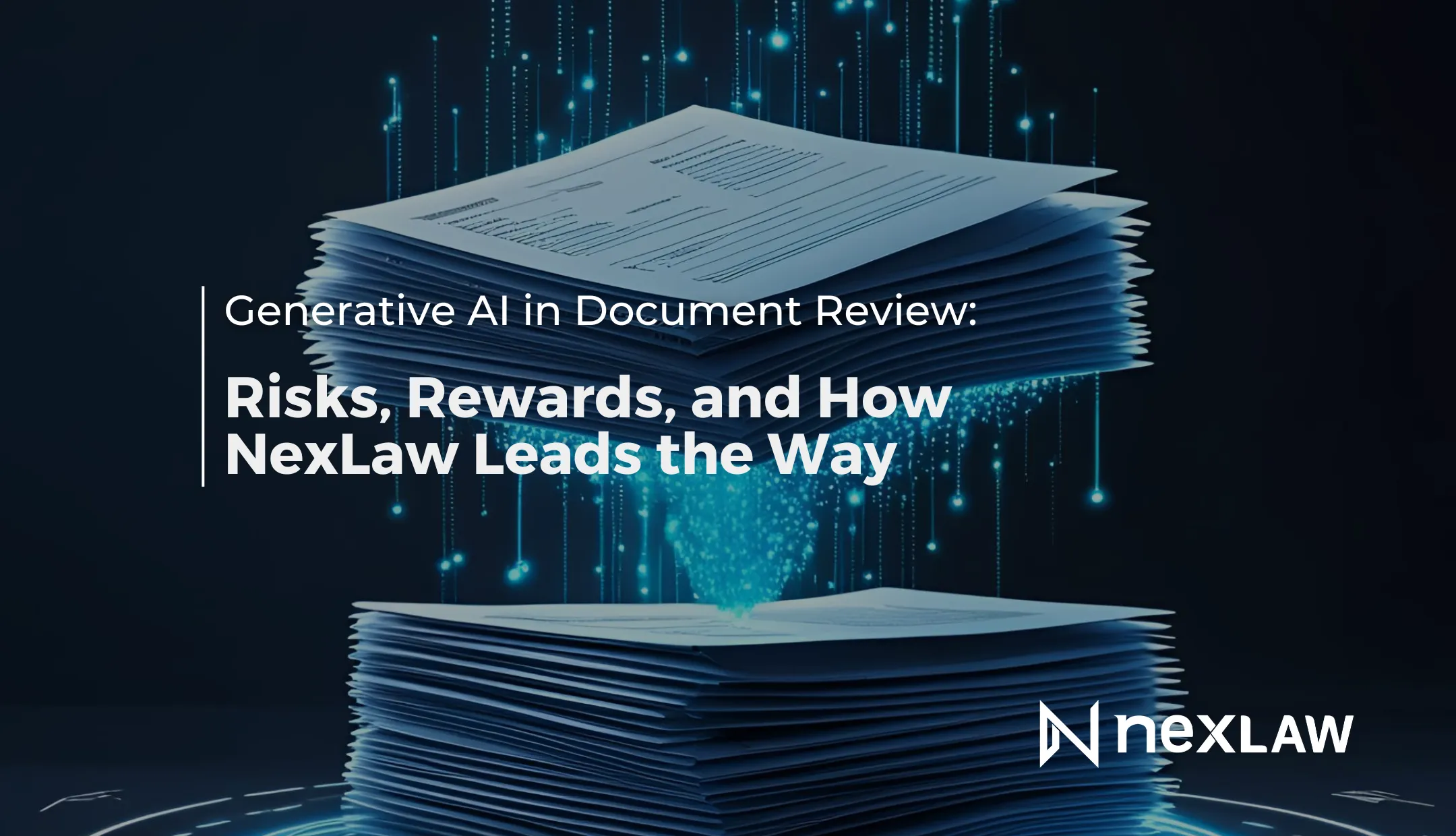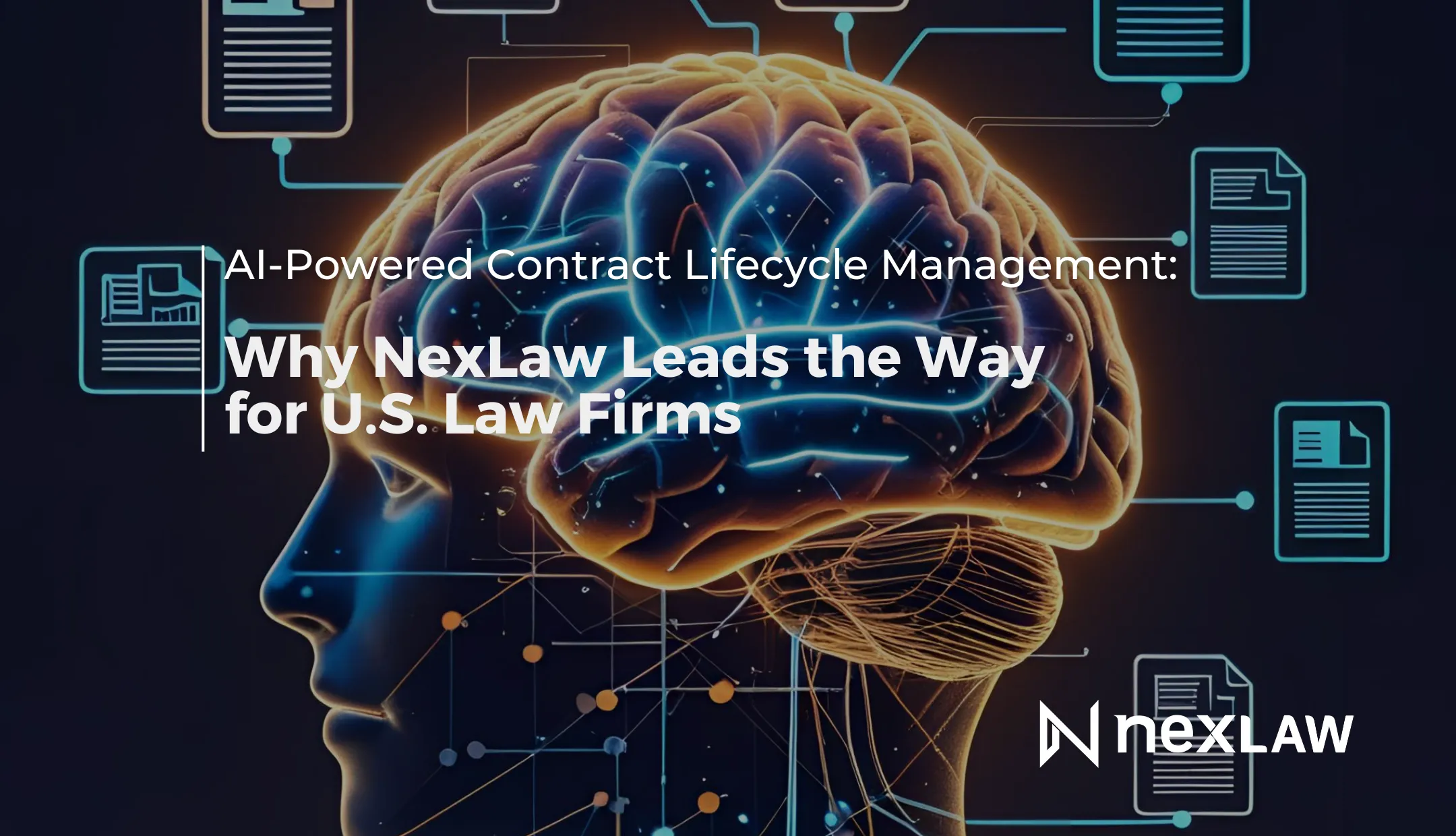Can Predictive Analytics Really Forecast Case Outcomes?
How NexLaw’s AI Legal Assistant Is Helping U.S. Litigators Make Smarter Decisions
The legal industry is undergoing rapid change, especially in the field of litigation. With growing volumes of data, tighter timelines, and increasing client expectations, legal teams are turning to advanced tools to improve strategy and efficiency. One area gaining particular attention is predictive analytics: the use of AI to identify trends in case outcomes based on historical legal data.
Unlock Legal Insights Instantly!
While no AI tool can guarantee the result of a case, predictive analytics is proving to be a valuable resource for attorneys who want to make better-informed decisions, especially when supported by transparent and explainable technology.
What Is Predictive Analytics in Legal Practice?
Predictive analytics in law refers to the application of machine learning to large sets of historical case data, including judicial rulings, motion outcomes, court behavior, and case types. The goal is to detect patterns that may help lawyers assess how a case might progress or be resolved.
Rather than replacing legal judgment, predictive analytics serves as an additional layer of insight. It can support strategic decisions such as whether to pursue settlement, how to approach discovery, or which jurisdictions may present greater risks or opportunities.
Key Benefits for Litigation Professionals
Attorneys operating in U.S. litigation environments face unique challenges across state, federal, and local courts. Tools like NexLaw’s predictive analytics can support them by:
- Enhancing strategy: By identifying similarities with past rulings, attorneys can align their case approach with known trends.
- Improving time efficiency: AI tools reduce time spent manually searching court decisions and compiling data.
- Supporting risk assessments: Objective insights help legal teams better understand the strengths and vulnerabilities of a case.
- Encouraging early decision-making: With more data on hand, firms may find earlier resolution paths or be better prepared for trial.
These advantages are especially relevant for mid-sized firms looking to do more with leaner teams.
What Makes NexLaw’s AI Different?
Not all predictive analytics tools are created equal. NexLaw stands out by focusing on litigation-specific needs and embedding predictive analytics into a broader AI-powered assistant. Here are four features that distinguish NexLaw:
1. Litigation-Focused Data Models
NexLaw’s models are built using legal-specific datasets derived from U.S. case law. The system leverages natural language processing (NLP) to understand legal context—not just keywords—when analyzing prior decisions. This ensures the platform delivers insights aligned with the complexity of litigation.
2. Usability Designed for Legal Teams
The platform is built with non-technical users in mind. Attorneys can input key facts or case parameters and receive actionable outputs—without needing to interpret raw data or code.
3. Ethical AI with Explainability
NexLaw emphasizes transparency. Every predictive insight is paired with an explanation of the data and reasoning behind it. The platform is also designed to support responsible AI use, including built-in checkpoints for human review and audit trails for compliance.
4. Integrated with Broader Legal Ops Tools
In addition to predictive analytics, NexLaw includes features for document generation, matter intake, and deadline management. This allows legal professionals to manage litigation workflows and AI-driven strategy from a single platform.
Responsible Use and Limitations
It’s important to note that predictive analytics tools, while helpful, have limits:
- They rely on historical data: If past data is incomplete or biased, the predictions may not reflect real-world outcomes.
- They cannot anticipate every variable: Individual judge behavior, client actions, and unexpected developments can alter a case’s trajectory.
- They require human judgment: Predictive tools should support—not replace—legal decision-making.
NexLaw is built with these realities in mind. It does not claim to “predict” outcomes with certainty. Instead, it equips attorneys with credible insights, backed by documented precedent and clearly explained logic.
How NexLaw Supports Smarter Litigation Strategy
By combining predictive analytics with user-friendly design and ethical safeguards, NexLaw helps litigators:
- Analyze similar past cases across jurisdictions
- Forecast litigation trends relevant to case type
- Support negotiation and risk evaluation
- Gain time back from manual legal research
- Make faster, more informed decisions with transparency
This empowers mid-sized firms and litigation teams to compete more effectively without expanding their headcount or compromising on due diligence.
Ready to bring AI into your litigation toolkit? NexLaw gives you the tools to make confident, data-supported decisions—while keeping legal ethics front and center.
Get Started With NexLaw
If you’re exploring how AI can support litigation without compromising ethical and professional standards, NexLaw offers two simple ways to begin:
Book a Guided Demo See how NexLaw works and explore its features in a personalized walk-through with our product team.
Start a 3-Day Free Trial Access the platform at your own pace. No commitment or credit card required, just an opportunity to explore smarter legal operations backed by responsible AI.
